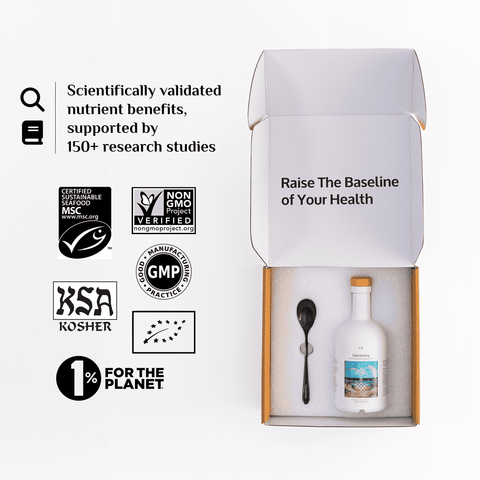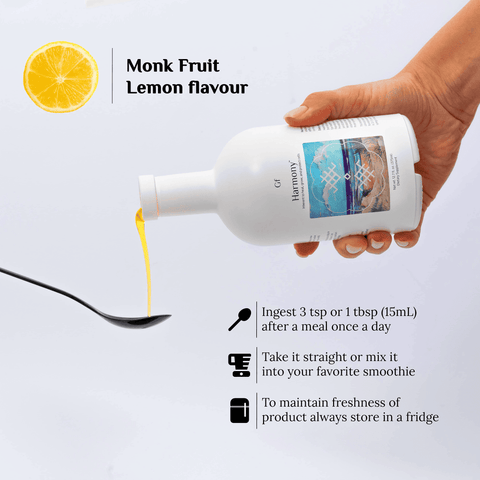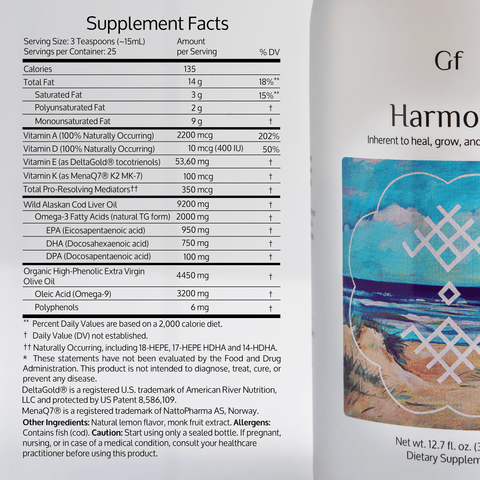Pregnancy is a time of immense change, and ensuring you and your baby get the right nutrients is crucial for a healthy journey. Omega-3 fatty acids, especially DHA (docosahexaenoic acid), play a vital role in prenatal development. Since many women don’t get enough Omega-3 from their diet alone, prenatal supplements can fill the gap. In this post, we’ll explore the benefits of Omega-3 prenatal supplements for both mother and baby.
Why Omega-3 is Important During Pregnancy
Omega-3 fatty acids are essential for the healthy development of your baby’s brain, eyes, and nervous system. Unfortunately, many pregnant women don’t consume enough Omega-3s, as Western diets tend to be low in these critical fats. That’s where prenatal Omega-3 supplements come in, offering a convenient way to ensure you’re getting enough DHA and EPA for optimal health.

1. Supports Baby’s Brain and Eye Development
DHA is a major structural component of the brain and retina. During the last trimester of pregnancy, a significant amount of DHA is transferred from the mother to the baby, supporting the rapid development of the baby’s brain and eyes. Studies have shown that adequate levels of DHA during pregnancy can improve cognitive outcomes and visual acuity in infants (source).
2. Reduces Risk of Preterm Birth
Omega-3 supplementation during pregnancy has been linked to a reduced risk of preterm birth, which can lead to serious complications for both mother and baby. In fact, research suggests that women who take Omega-3 supplements, particularly DHA, have longer gestation periods and are less likely to deliver prematurely (source).
3. Promotes Heart Health for the Mother
Pregnancy puts extra strain on a woman’s heart and circulatory system. Omega-3 fatty acids are known for their cardiovascular benefits, including reducing blood pressure and lowering the risk of heart disease. For pregnant women, this means a healthier heart and circulatory system, which is crucial during this demanding time (source).
4. Reduces Inflammation and Improves Mood

Pregnancy can sometimes lead to increased inflammation and mood swings, including symptoms of prenatal depression. Omega-3 fatty acids have anti-inflammatory properties and may help improve mood by supporting neurotransmitter function. Studies have shown that women who maintain higher levels of DHA during pregnancy are less likely to experience depression before and after giving birth (source).
5. Supports Healthy Birth Weight
Babies born to mothers who consume adequate amounts of Omega-3s, particularly DHA, are more likely to have healthy birth weights. This is critical for reducing the risks associated with low birth weight, such as developmental delays and health issues later in life (source).
How Much Omega-3 Do You Need During Pregnancy?
Experts recommend that pregnant women consume at least 200-300 mg of DHA per day. This can be achieved through a combination of diet and supplements. Fatty fish like salmon, sardines, and mackerel are excellent dietary sources of DHA and EPA, but if you don’t eat fish regularly, prenatal Omega-3 supplements are a great alternative.
Be sure to choose a high-quality supplement that contains both DHA and EPA, and always consult with your healthcare provider before starting any new supplement regimen.
Choosing the Right Omega-3 Prenatal Supplement
When selecting an Omega-3 prenatal supplement, look for one that meets the following criteria:
- High in DHA: DHA is the most important Omega-3 during pregnancy, so ensure the supplement provides at least 200-300 mg of DHA.
- Purity and Safety: Look for supplements that have been tested for mercury and other contaminants, especially if sourced from fish oil.
- Third-Party Tested: Choose a supplement that has been third-party tested for potency and purity to ensure you’re getting what’s advertised.
Conclusion
Omega-3 prenatal supplements are a simple and effective way to support both your health and your baby’s development during pregnancy. From brain and eye development to reducing the risk of preterm birth and supporting your heart health, the benefits of Omega-3s are clear. If you’re pregnant or planning to become pregnant, talk to your healthcare provider about incorporating Omega-3 supplements into your routine for a healthy and happy pregnancy.









